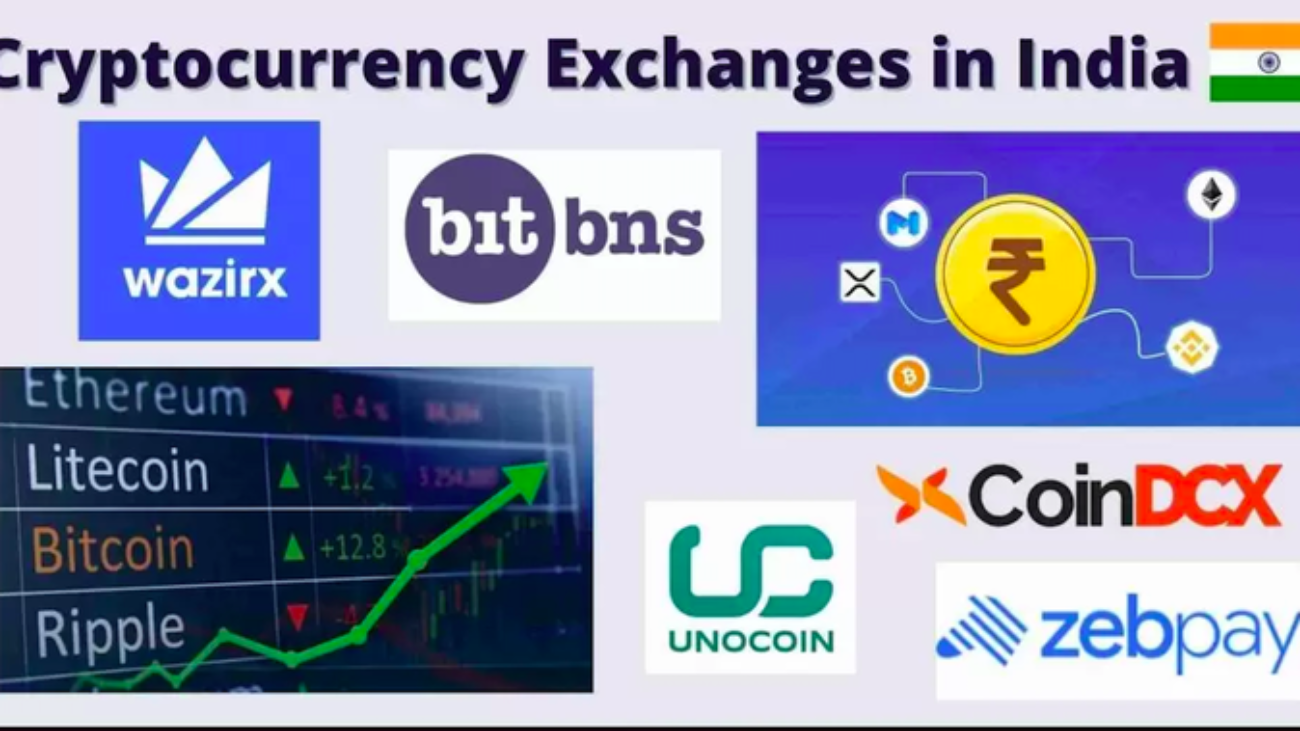Interested in exploring Gift City’s potential as a hub for fintech startups? Our guide dives into why Gift City is the ideal ground for launching and growing fintech startups. Discover opportunities, resources, and success stories for fintech startups in Gift City.
Gift City: A Fertile Ground for Fintech Startup Success
The Indian government’s vision of transforming Gift City, or the Gujarat International Finance Tech-City, into a thriving International Financial Services Centre (IFSC) has been steadily gaining momentum. Gift City is designed to attract both domestic and foreign investment in the financial sector, making it an enticing destination for fintech startups. In this article, we will delve into the various aspects of Gift City and why fintech startups should consider it as a prime location to launch and grow their ventures.
The Gift City Ecosystem
Gift City is currently the sole operational IFSC in India, with a dedicated regulator called the International Financial Services Centre Authority (IFSCA). This regulatory authority oversees financial products, services, and institutions within Gift City. The existence of a unified regulator streamlines the regulatory process for fintech startups, offering clarity and efficiency compared to the previous multifaceted regulatory landscape.
Fintech Framework
One of the key initiatives introduced by IFSCA is the Fintech Framework, designed to foster innovation in financial products and services. The framework encourages the development of advanced technological solutions and solutions that leverage customer data. Fintech startups that intend to offer innovative solutions in banking, insurance, securities, fund management, and other financial sectors can seek authorization under this framework.
Category (a) includes activities such as digital lending, crowd lending, neo banking, crowd funding, personal finance, robo advisory, InsureTech, and cyber insurance. Category (b) encompasses activities like AgriTech, DefenseTech, and Accelerators.
To be eligible, Indian entities should be recognized as FinTech startups by the DPIIT or be Indian companies, limited liability partnerships (LLPs), or branches of Indian companies or LLPs in IFSC. Even Indian entities operating under domestic financial regulators (RBI, SEBI, IRDAI, or PFRDA) can apply for authorization in Gift City. Foreign entities must be from Financial Action Task Force (FATF)-compliant jurisdictions.
Sandbox Mechanism
Gift City’s Fintech Framework also offers various sandbox options to encourage fintech players to innovate and develop their ideas without the burden of regulatory compliance. These sandboxes include:
(a) Regulatory Sandbox: Eligible Applicants can seek permission to test innovative technology solutions without full regulatory compliance. This is particularly valuable for startups aiming to revolutionize financial services.
(b) Fintech Innovative Sandbox (FIS): Startups can apply to test and develop their ideas in isolation from the live market. However, no relaxation from the regulatory environment is granted in this sandbox.
(c) Inter Operable Regulatory Sandbox (IORS): IORS allows for testing innovative hybrid financial products/services that fall under multiple regulatory bodies. This option is available to foreign fintech entities seeking entry to India.
FinTech Incentive Scheme
IFSCA has launched an incentive program to attract fintech entities to innovate and launch solutions in Gift City. Grants under this scheme can range up to INR 75 lakhs, depending on the category of operations. These grants are available to fintech entities in regulatory or innovative sandboxes, those referred to IFSCA under a FinTech bridge arrangement with another regulator, and those participating in special programs acknowledged by IFSCA.
Payment Services in IFSC
IFSCA is actively working on a regulatory framework for payment services and payment service providers in Gift City. The presence of various projects related to payment services in the Fintech sandbox indicates the growing importance of this sector within Gift City.
Why Fintech Startups Should Consider Gift City
Now that we’ve explored the various facets of Gift City’s fintech ecosystem, let’s delve into the reasons why fintech startups should seriously evaluate the possibility of setting up their operations there:
-
- Regulatory Clarity: Gift City offers a streamlined regulatory environment with IFSCA as the single regulator. This simplifies the regulatory process, making it easier for startups to navigate and ensure compliance.
-
- Incentives and Grants: The FinTech Incentive Scheme provides financial incentives, which can significantly boost the financial health of startups. These grants can be used for research, development, and expansion.
-
- Sandbox Opportunities: Gift City’s sandbox mechanisms provide a safe environment for startups to test and develop their fintech innovations. This allows startups to refine their ideas and solutions before entering the market.
-
- Tax Benefits: Gift City offers tax benefits such as 100% tax exemption for ten years, no GST on services within IFSC, and exemptions from stamp duty and taxes on security or commodity transactions. These incentives can significantly reduce operational costs.
-
- Access to Talent: India boasts a vast pool of highly skilled engineering talent, making it an ideal location for fintech startups to tap into the workforce required to drive innovation.
-
- Access to India Stack: India’s robust digital infrastructure, including Aadhaar and UPI, provides fintech startups with a strong foundation to build innovative solutions. Gift City can serve as the ideal platform to leverage these resources.
-
- Commitment from Global Players: Google’s decision to establish a global fintech operations center in Gift City underscores its potential as a global fintech hub. This move is likely to attract more global players and investors to the city.
-
- Infrastructure Development: Gift City is witnessing rapid infrastructure development, including commercial and residential spaces, making it an attractive location for both work and living.
Challenges and Considerations
While Gift City offers numerous advantages, there are also challenges and considerations that fintech startups should keep in mind:
-
- Talent Retention: Startups may face challenges in retaining talent in Gandhinagar compared to more cosmopolitan cities like Mumbai and Bengaluru.
-
- Long-Term Confidence: Building long-term confidence in Gift City as a fintech hub may take time, and startups should assess the stability of tax benefits and regulatory support.
-
- Competition: Gift City is vying with established fintech ecosystems in Mumbai, Bengaluru, Gurugram, and Hyderabad. Startups should carefully evaluate their competitive positioning.
- Regulatory Changes: Any changes in the central government’s policies or regulatory landscape could impact the advantages offered by Gift City.
Gift City represents a promising opportunity for fintech startups to thrive and innovate within a supportive regulatory framework, access financial incentives, and leverage India’s digital infrastructure. With global players like Google recognizing its potential, Gift City is well on its way to becoming a prominent global fintech hub. However, startups must weigh the advantages against challenges and carefully plan their entry into this vibrant ecosystem. As the fintech landscape evolves, Gift City stands as a beacon of opportunity for those looking to shape the future of finance in India and beyond.
Recent Posts
Related Posts
India’s Fintech Revolution: Unveiling a $400 Billion Value Potential by 2030
Explore the future implications of the Fintech Revolution in India, examining anticipated developments within the FinTech Market for the year 2030.
Slowdown in NBFC Licensing and the Fintech Challenges in India
Curious about the slowdown in NBFC licensing and the challenges Fintech faces in India? Explore our blog to uncover insights on navigating the hurdles of NBFC l ...






